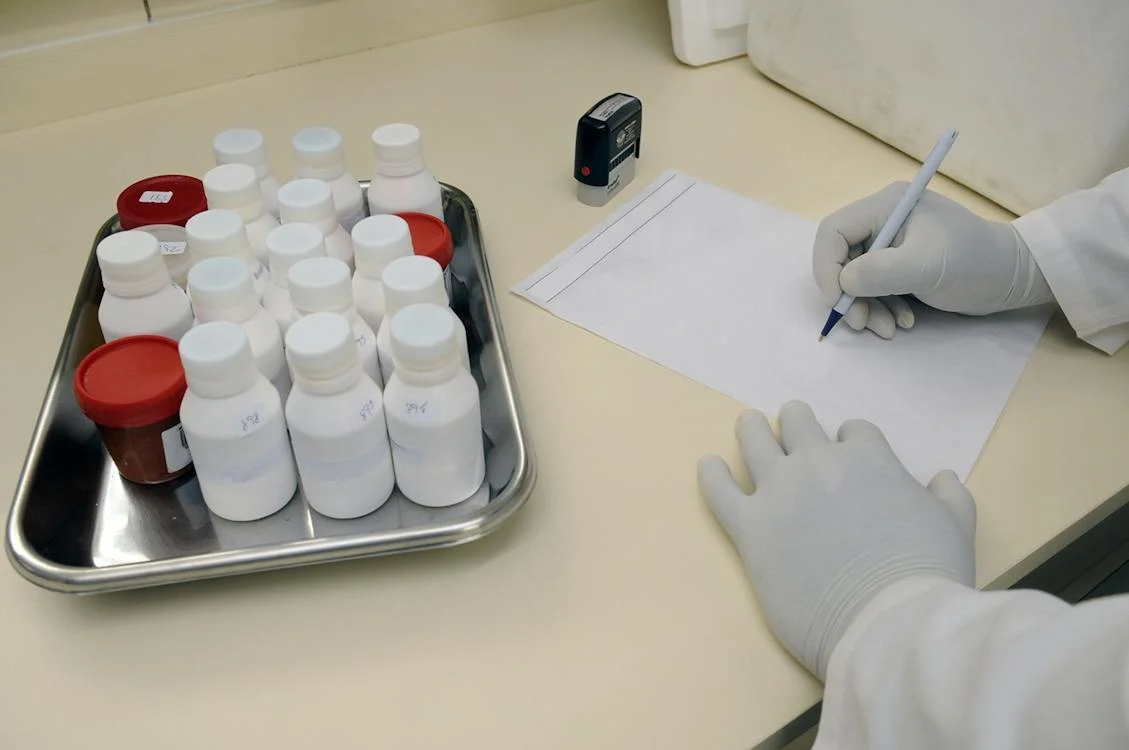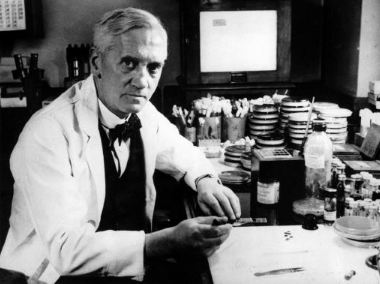Our bodies are complex structures, which require proper care and treatment to function at its best. It is because our bodies are vulnerable to various types of diseases that could cause harm to us. Although it is best to prevent diseases by improving our lifestyle and diet, one person cannot entirely avoid catching illnesses, such as the common cold and others. That is why medicine is essential, not just in our modern world, but also thousands of years ago.
Since our bodies are composed of cells, scientists eventually developed scientific ways to treat diseases. The study of anatomy, as well as other branches of medical and health sciences, led to the advancement of medicine.
Today, medicine plays an important role in our society, mainly along with the rise of various deadly diseases. As obvious as it seems, medicine is one of the most vital branches of science that we need constant development for the prevention and treatment of diseases.
In this article, we are going to look into the more profound definition of medicine. Furthermore, let us know what its history is.
What is Medicine?
All of us might already have a brief knowledge of what medicine is since it is a vital field of study in our society. Without it, people won’t have any means to treat illnesses and other medical conditions. However, medicine is much broader than it seems, which is a result of countless studies for thousands of years.
For starters, medicine is the science of diagnosing and treating disease and damage to the body. Furthermore, it also aims to build knowledge about the prevention of diseases. It is a field of study devoted to maintain and restore health through the prevention and treatment of diseases.
The study and practice of medicine include a wide range of topics. It focuses on more specific studies about the science of treating and preventing diseases. Furthermore, medicine is a broad field of science, which consists of three main branches.
- Basic sciences of medicine – is the fundamentals of medicine. This branch of medicine is where every physician should be educated in.
- Medical specialties –is a branch of medicine, which includes a diverse skill specialization in the medical field. Some of the most known specializations are pediatrics, oncology, and pathology.
- Interdisciplinary fields –is a more complex branch of medicine, which requires specialties from different branches of medicine to function on certain occasions.
What is the origin of medicine?
We can trace back the origin of medicine to the prehistoric times. It was even before the start of the documented history of medicine, wherein various evidence shows that people used to have an early understanding of treating diseases. The earliest form of medicine was herbalism, which is the use of medical plants. These were the earliest methods used in medicine, which non of these had any concrete scientific evidence.
Moreover, the early practice of medicine was heavily influenced by magic – wherein priests, shamans, and medicine men used various materials in rituals to ‘heal’ diseases. All of these multiple methods do not have any scientific explanations and are all related to spiritual concepts.
Interestingly, medicine continued to develop over the years. And it was during the 3rd millennium BCE when the first physician in history existed, which was Imhotepfrom ancient Egypt. Furthermore, the oldest medical text also lived in ancient Egypt, which was called the KahunGynaecological Papyrus. This ancient text existed from around 2000 BCE and consisted of a clear description of gynecological diseases.
Another Egyptian text was made during 1600 BCE called Edwin Smith Papyrus, which covers early works on surgery. In 1500 BCE, one of the earliest textbooks on medicine, called Ebers Papyrus, was created.
These ancient works in the science of medicine helped in building solid foundations in this field of study. Throughout the years, several scientists made different contributions to the advancement of medicine.
Despite the numerous scientists who worked in the medical field, it only started to develop at a rapid pace during the late 18th century. During and beyond this period, several great scientists came to Europe to help in the modernity of medicine. The fast progress of medicine comes along the development of science and technology, which is essential to the production of medications.
One of the most significant works in medicine was the discovery of penicillin by Alexander Fleming. Fleming’s famous discovery was in September 1928, and it was considered as the start of modern antibiotics.

